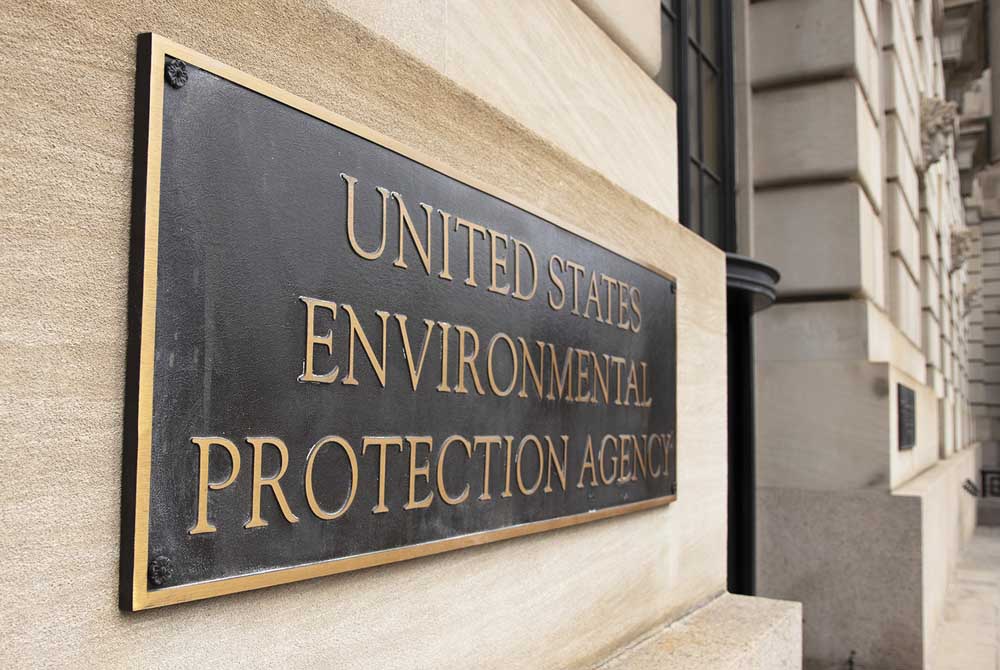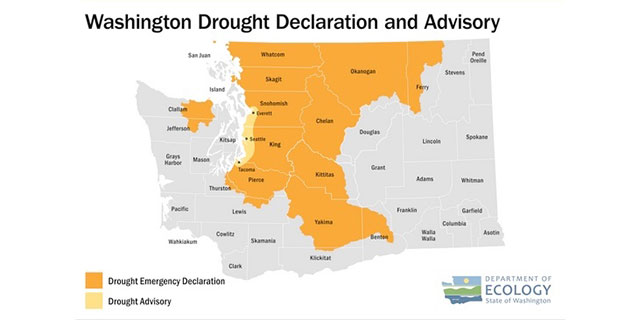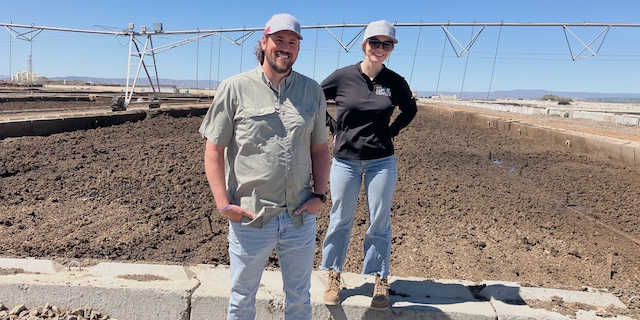EPA urged to revamp pesticide evaluations
Published 1:15 pm Thursday, July 25, 2024

- The Environmental Protection Agency has released a draft of its strategy for registering and re-registering insecticides.
More than 300 organizations are asking the Environmental Protection Agency to sit down and talk about using “real-world data” when the agency evaluates whether pesticides threaten endangered species.
EPA often relies on assumptions and “unrefined models” that overestimate risks, the organizations asserted this week in a letter to Jake Li, the EPA’s deputy assistant administrator for pesticide programs.
The letter responds to EPA’s new lawsuit-driven approach to complying with the Endangered Species Act. In a court settlement, EPA committed to new “strategies” expected to further restrict pesticide use.
Organizations signing the letter included the National Association of State Departments of Agriculture, the American Farm Bureau and farm groups from 48 states.
The organizations urged EPA to look closer at how farmers use pesticides and the measures they take to prevent pesticides from running off fields or drifting off target.
“It is imperative that EPA engage with growers to understand our actual agronomic practices,” American Sugarbeet Growers Association President Neil Rockstad said in a statement.
“Instead, EPA seems to be focusing on imaginary risks to endangered species based on unrealistic assumptions and ignoring the way we actually use pesticides in the real world,” he said.
The organizations asked for meetings to start in September. The groups will have to wait until October, EPA spokesman Jeff Landis said in an email Thursday.
“We can commit to a meeting in October,” he said. “The staff involved in preparing for the meeting are working 100% on other matters through September.
“We believe there is always room for improving our risk assessment process, but it is incorrect that we use unrefined models and ignore real-world data in our ESA strategies,” Landis said.
EPA committed to the strategies in settling what the agency called the pesticide “megasuit.” The lawsuit was filed in 2011 and claimed EPA was failing to review how pesticides impacted endangered species.
The EPA pleaded it was overwhelmed by the workload and promised to regulate pesticides more broadly, rather than trying to evaluate each pesticide individually.
U.S. District Judge Joseph Spero in San Fransisco this month signed an order awarding the Center for Biological Diversity and Pesticide Action Network $1.75 million from EPA in attorney fees and costs.
In line with the settlement, the EPA last year released the vulnerable species pilot project and a preliminary herbicide strategy. On Thursday, the agency released a draft insecticide strategy.
EPA plans to finalize the herbicide strategy Aug. 30. The draft was criticized by farms groups and the USDA. In the letter to Li, the organizations complained the EPA relied on “Tier 1 models” to estimate risks.
The EPA gets better assessments with “actual data,” according to the organizations. The organizations pointed to EPA’s evaluation of Enlist products, herbicides important to corn, cotton and soybean production.
EPA conducted a “Tier 1 risk assessment” and concluded Enlist could adversely affect 148 species. According to the EPA, a Tier 1 assessment can be done “quickly without exhausting human and technical resources.”
A “Tier 3” evaluation that took a closer look at each species, their habitat and the impacts of efforts to prevent run-off and drift found Enlist was a danger to only 19 species, according to an EPA assessment.
American Soybean Association President Josh Gackle, a North Dakota farmer, acknowledged that courts will cancel pesticides if EPA doesn’t comply with the Endangered Species Act
“However, EPA cannot do perfunctory work on the Endangered Species Act and pass the test,” he said.






